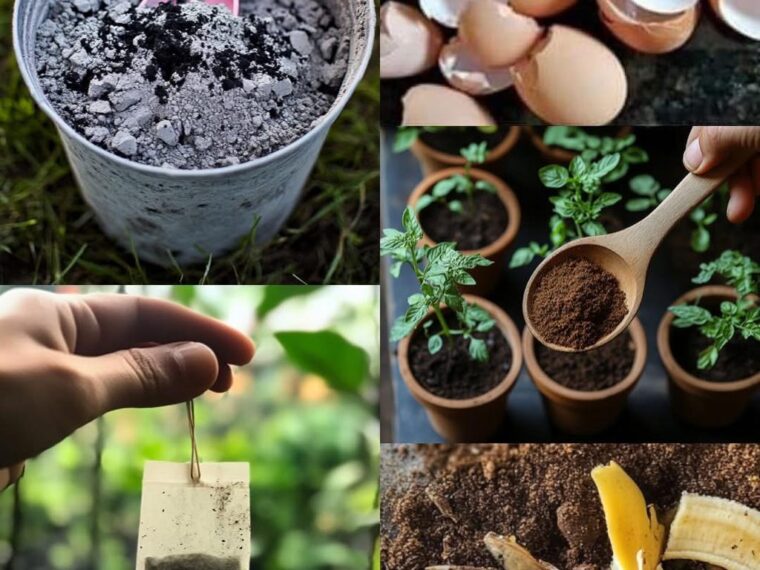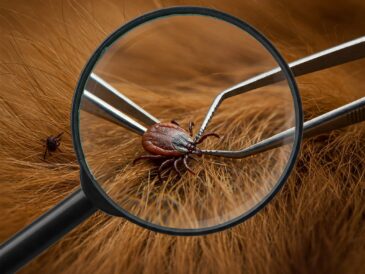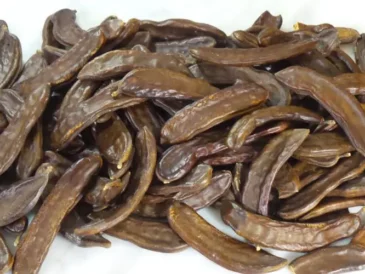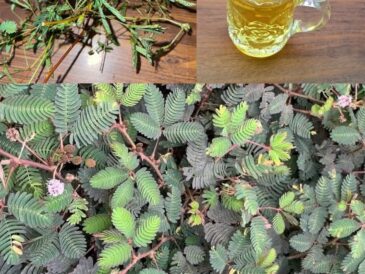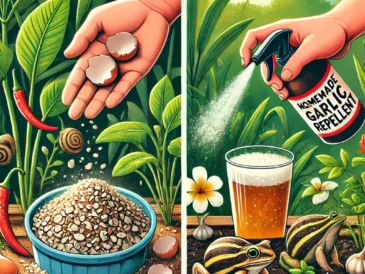- Wood Ash
Why: Provides potassium and calcium carbonate. How: Sprinkle sparingly on soil for alkaline-loving plants (not for acidic-soil plants).
- Epsom Salt
Why: Supplies magnesium and sulfur. How: Dissolve 1 tablespoon in a gallon of water and use it to water plants.
- Fish Tank Water
Why: Contains nitrogen, potassium, and phosphorus from fish waste. How: Use the water from your tank to water plants (only for freshwater tanks).
- Tea Bags and Leaves
Why: Adds nitrogen and organic material to the soil. How: Bury used tea bags or leaves near plant roots.
- Vegetable Scraps
Why: Decomposes into nutrient-rich compost. How: Blend scraps with water to create a liquid fertilizer or add them to a compost pile.
- Molasses
Why: Boosts beneficial microbes in the soil. How: Mix 1 tablespoon of molasses with a gallon of water and water your plants.
- Weed Tea
Why: Extracts nutrients from weeds. How: Soak weeds in a bucket of water for a week, then strain and dilute the liquid to water plants.
Tips for Best Results
Avoid over-fertilizing, as it can harm plants. Test soil pH to ensure the fertilizers match your plants’ needs. Combine these methods with regular composting for an even more sustainable garden.
These simple solutions will enrich your plants without breaking the bank!
